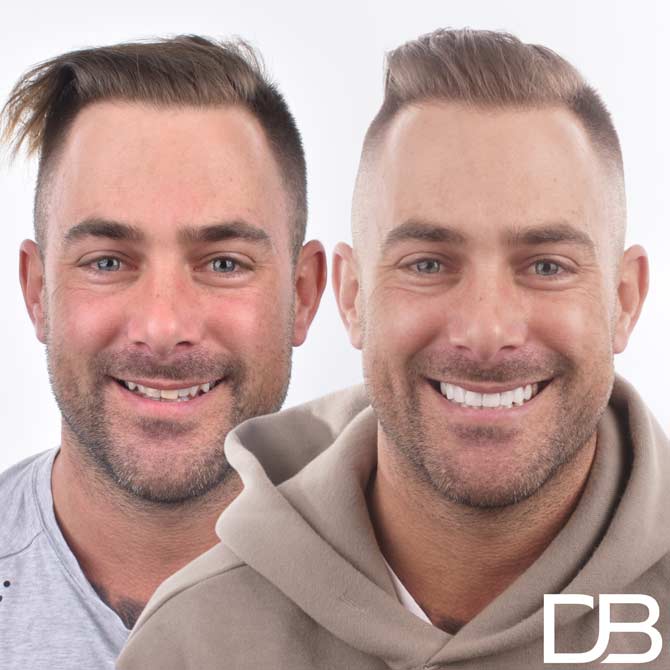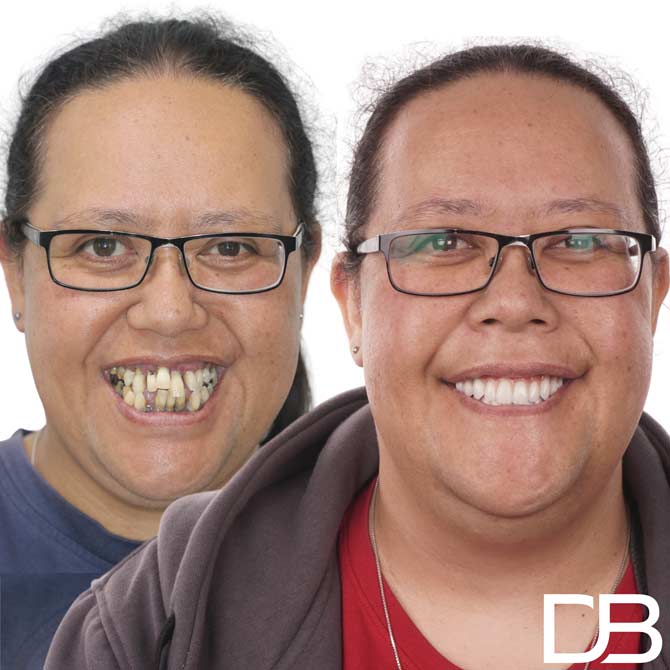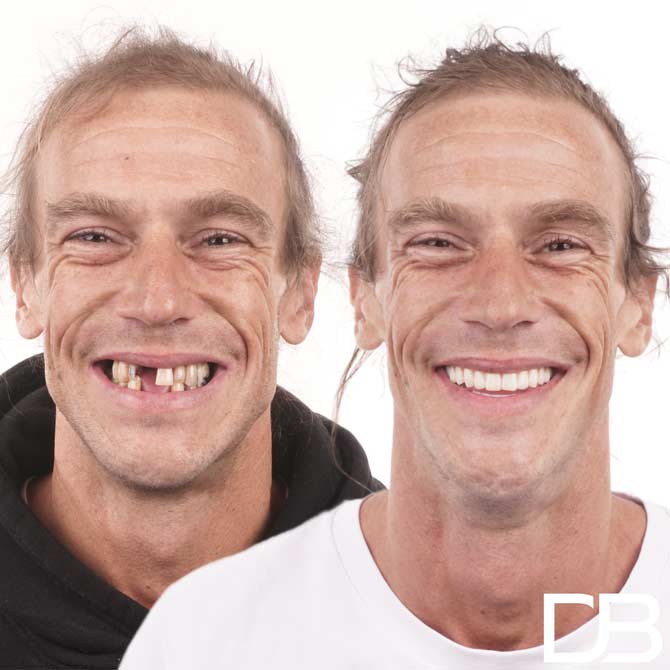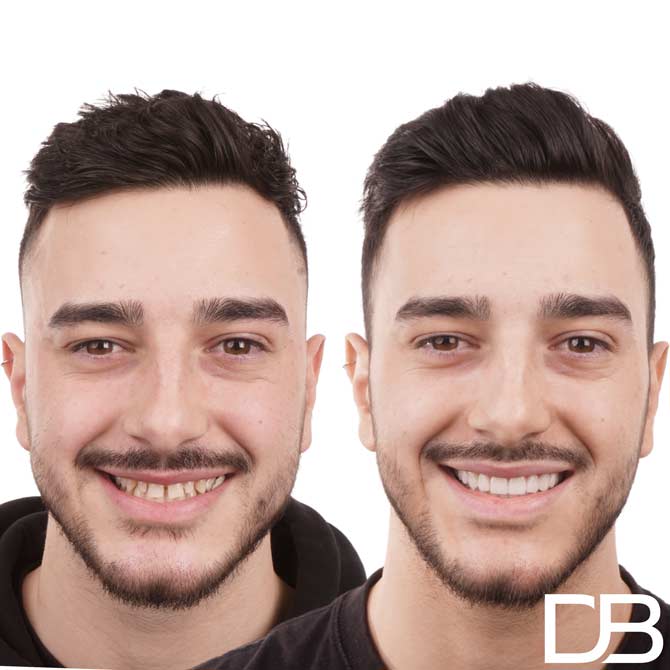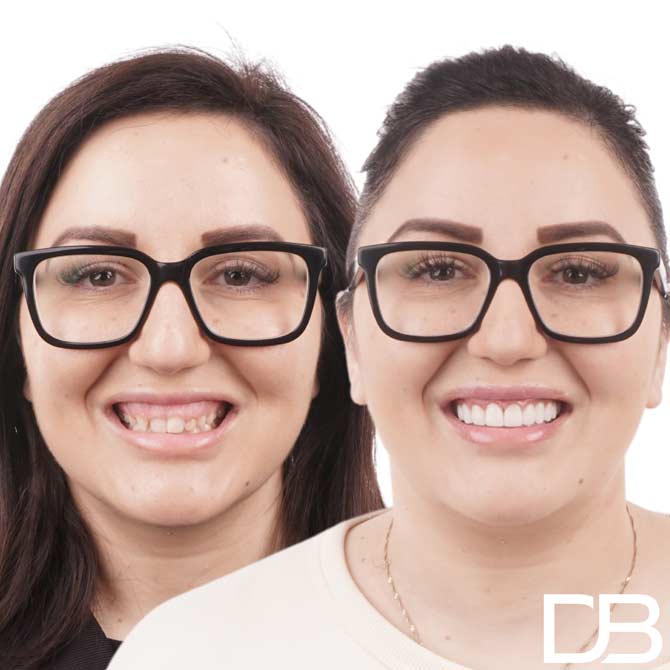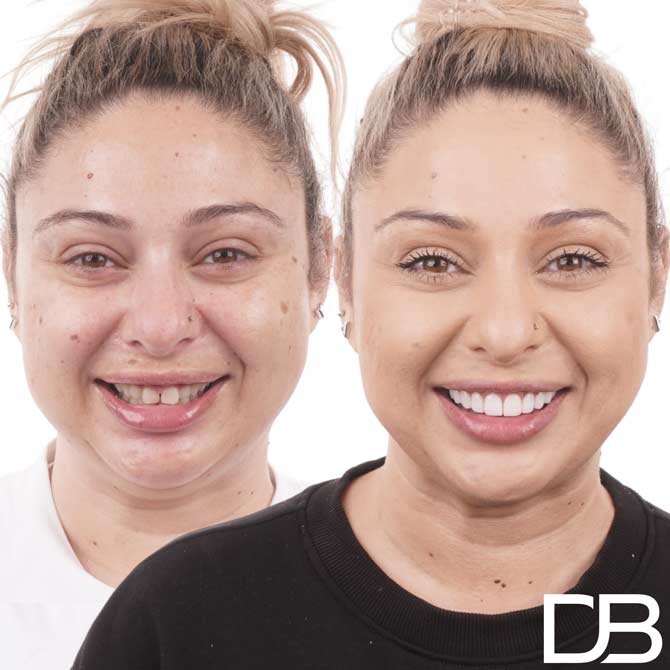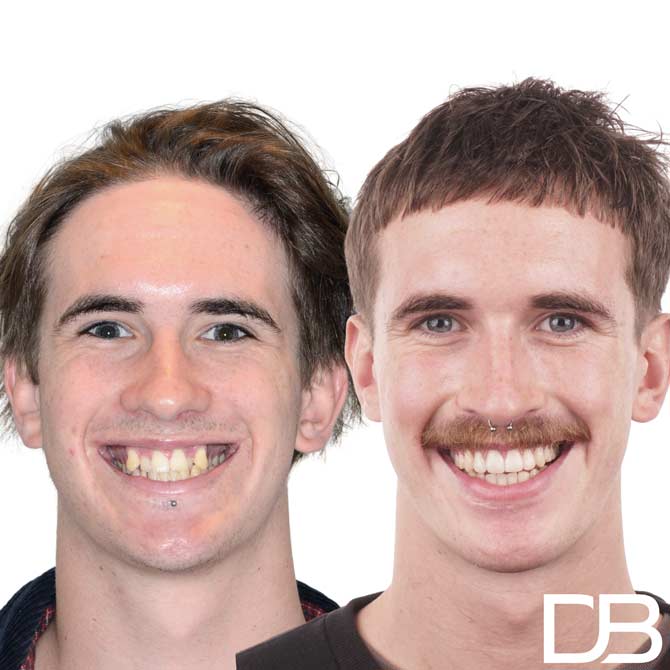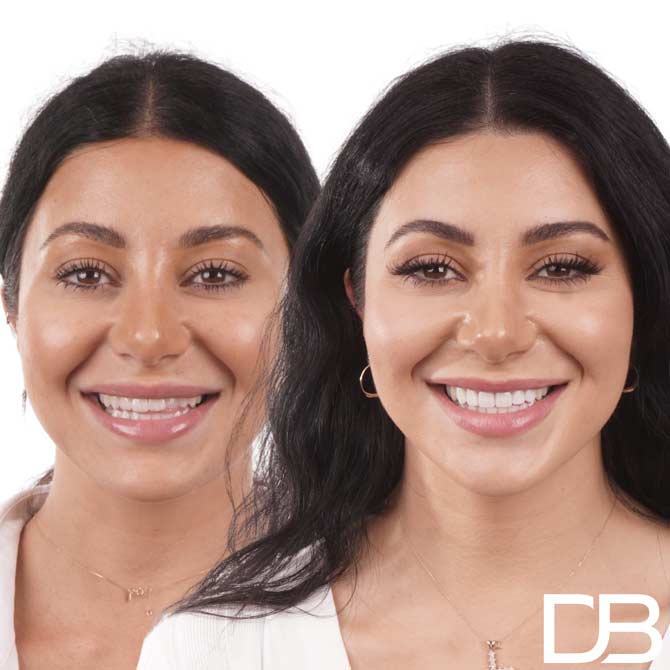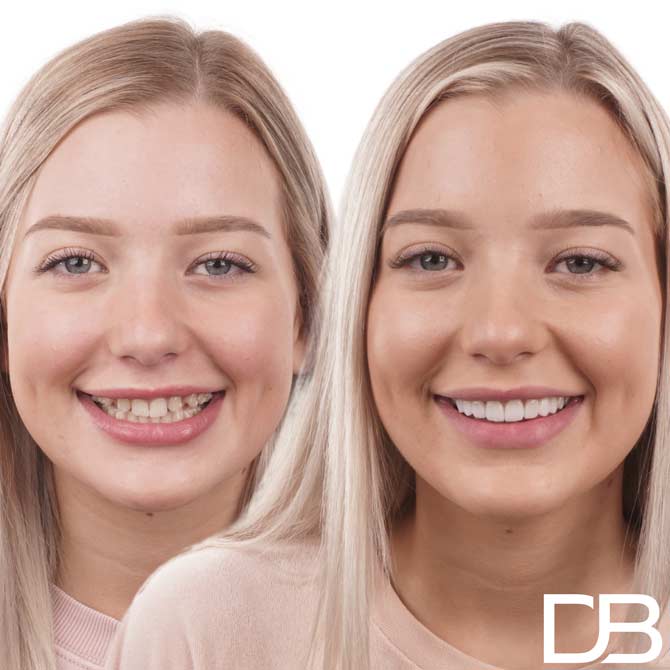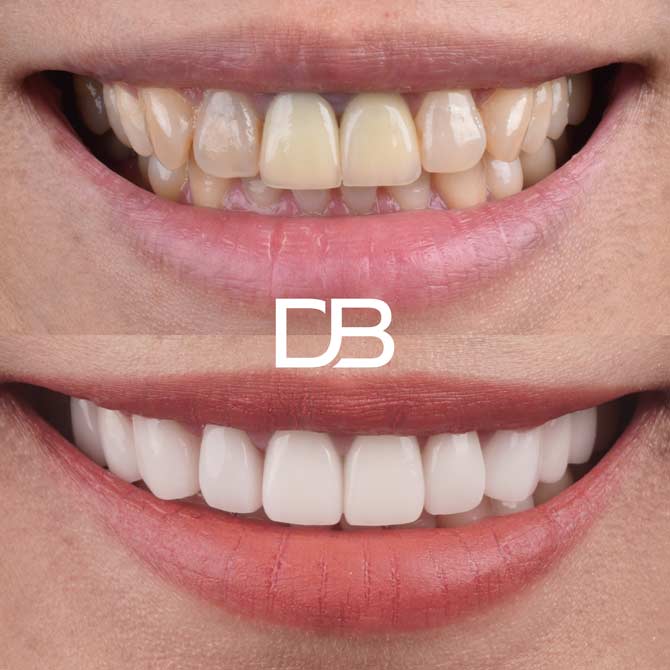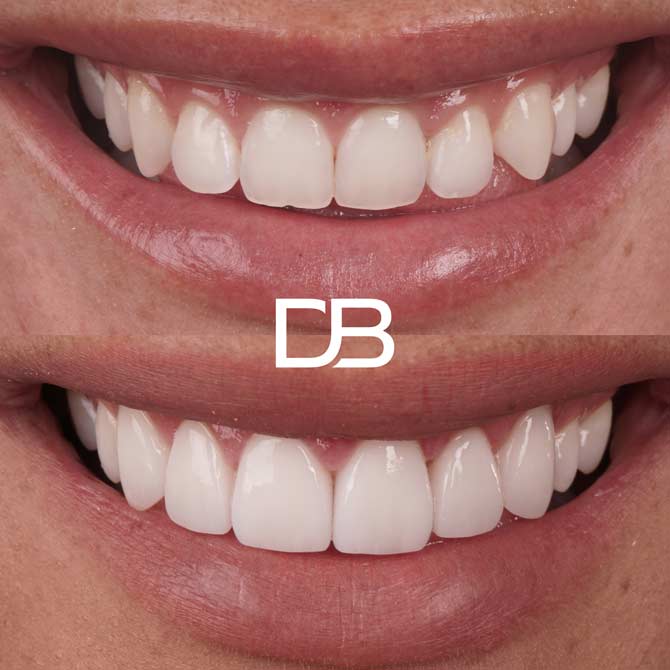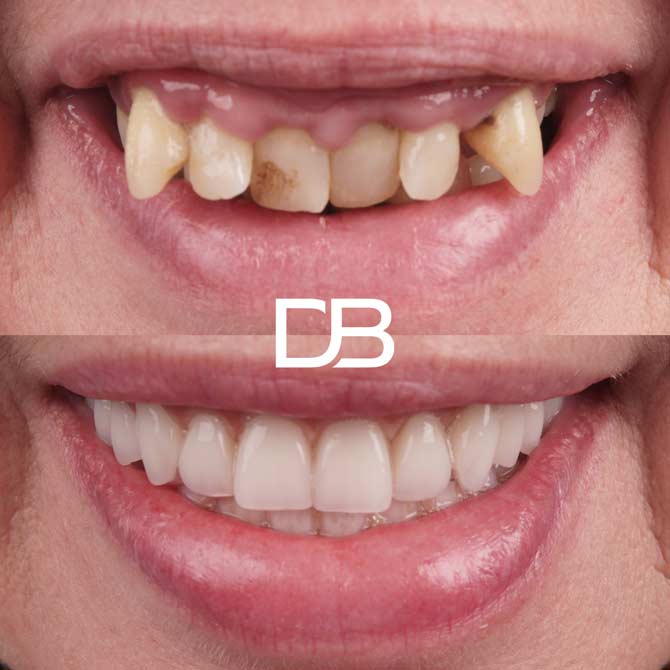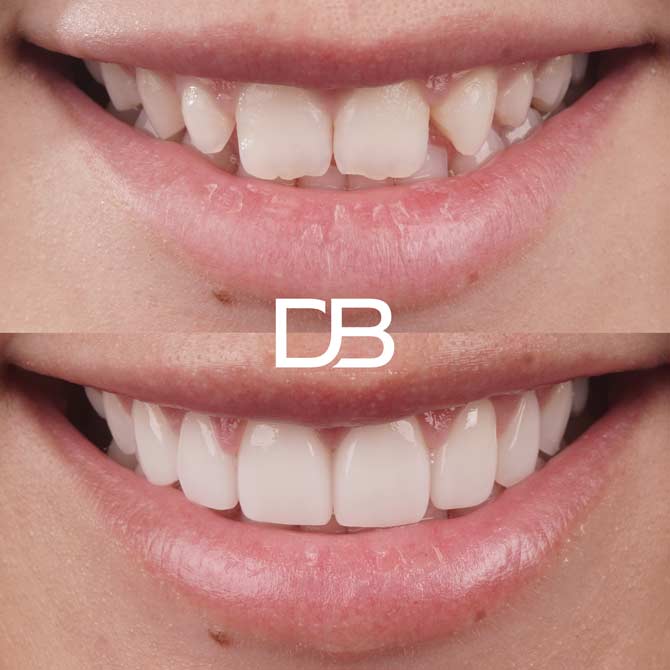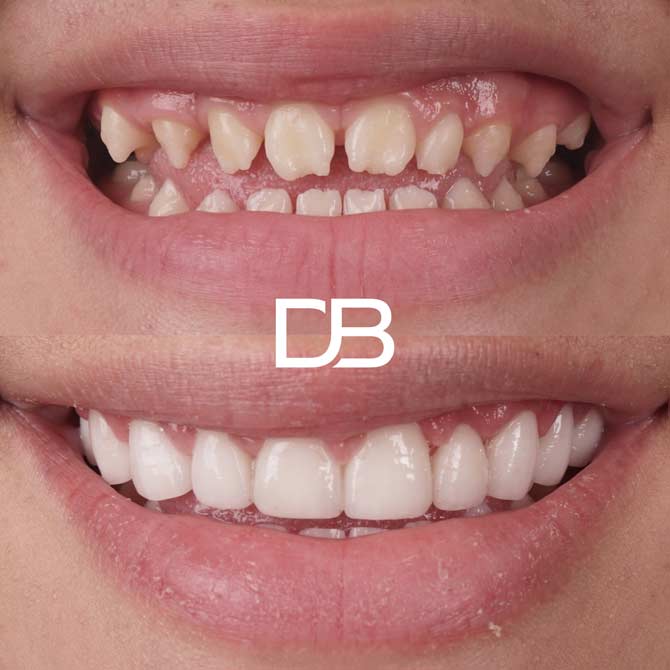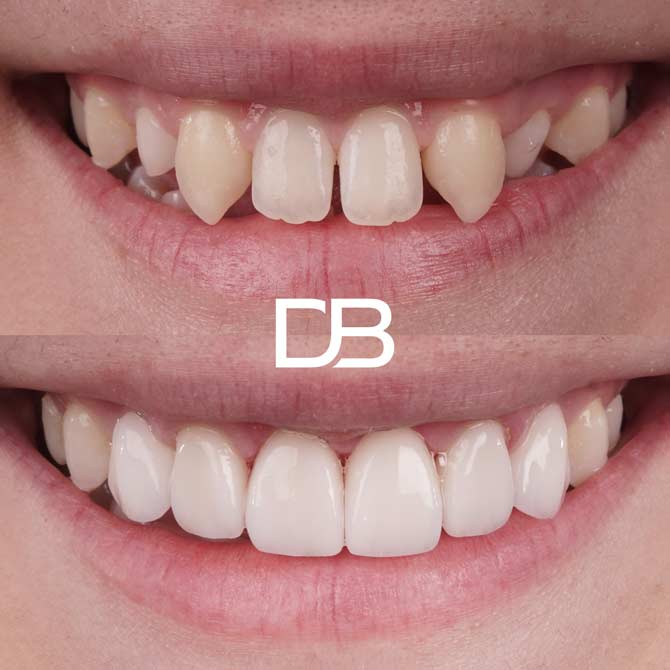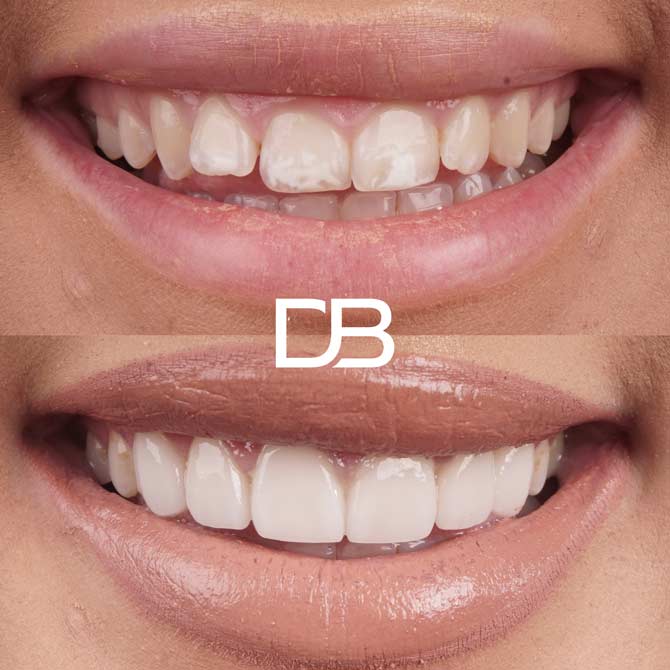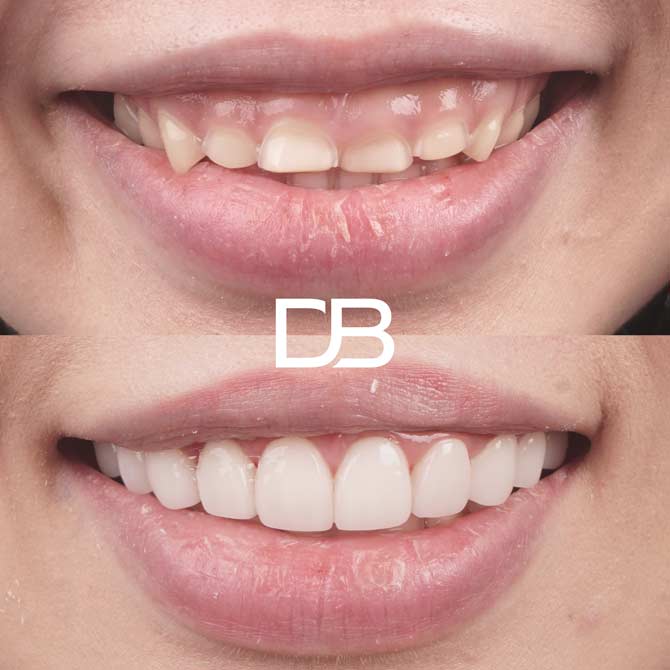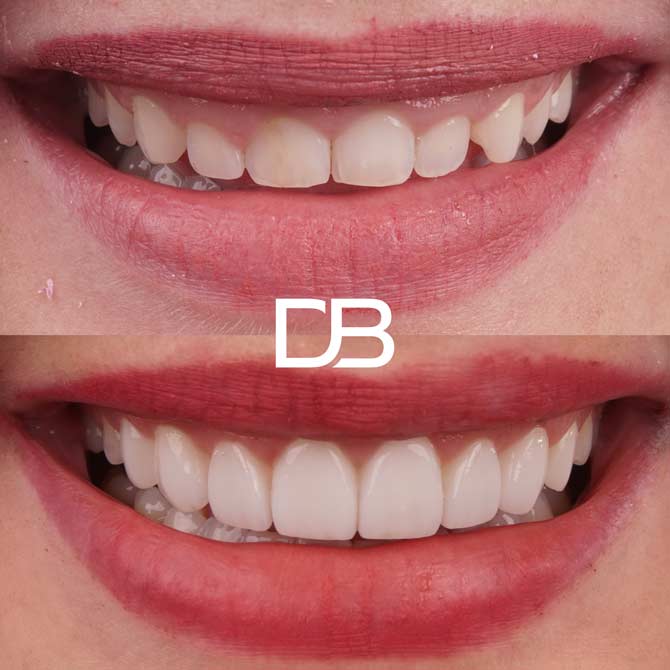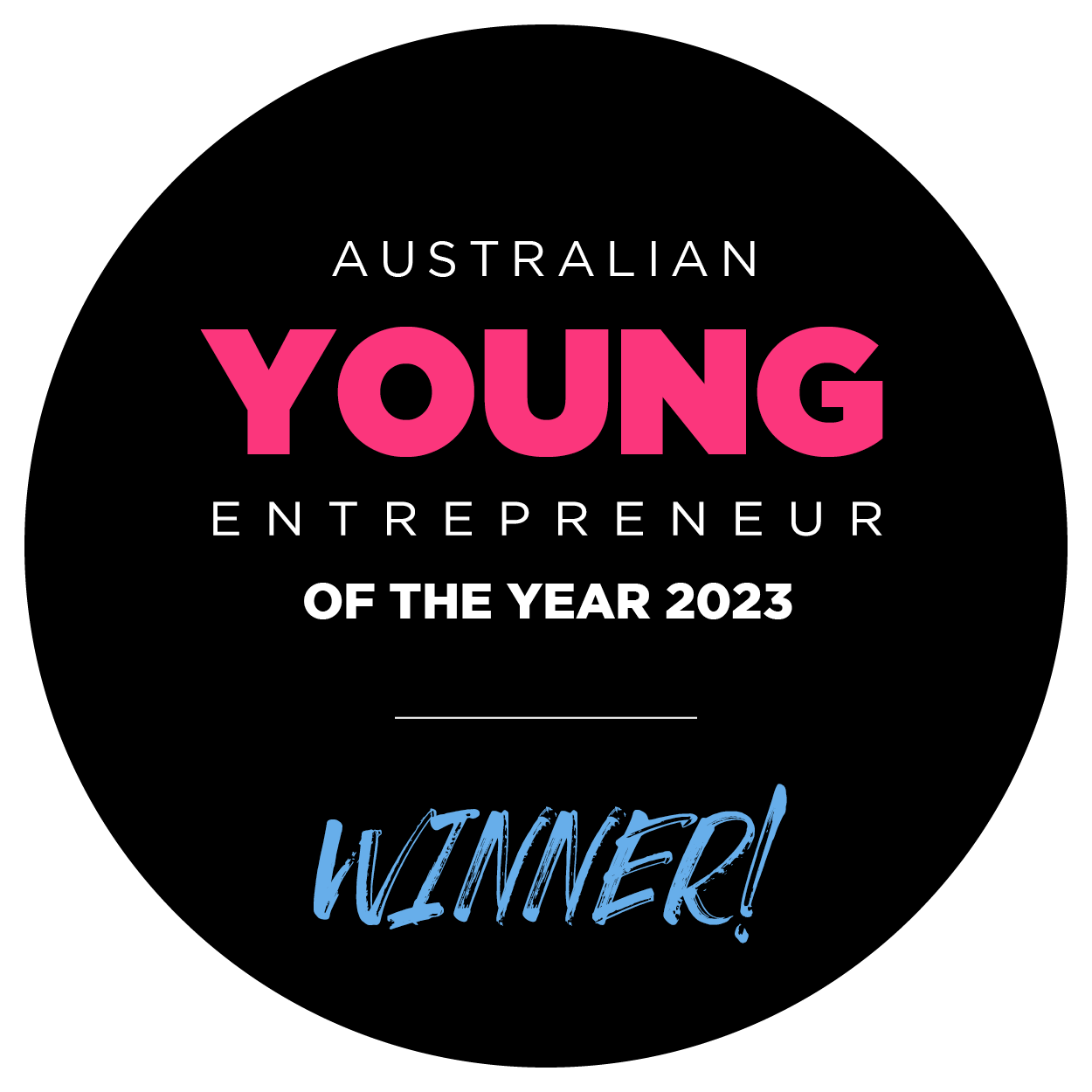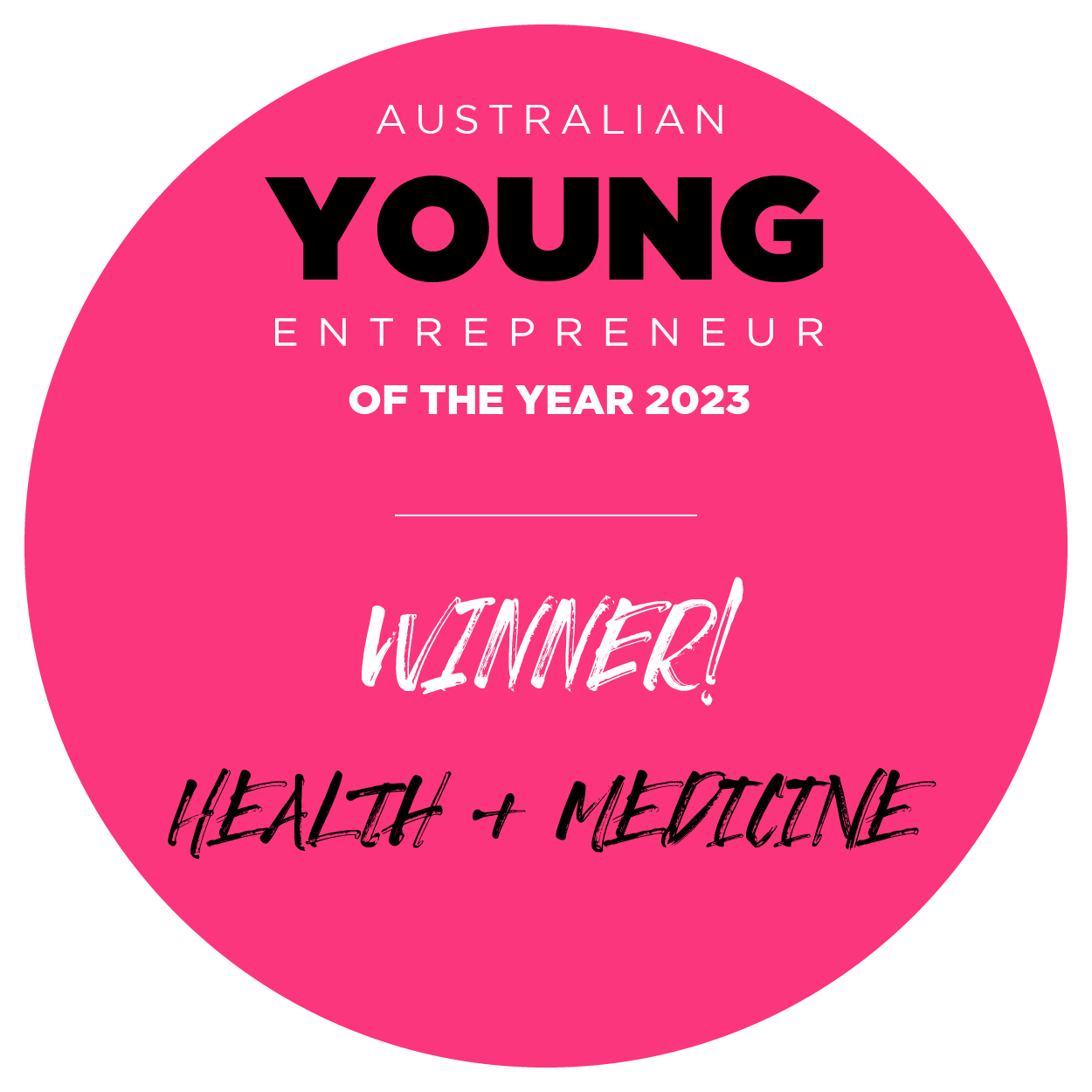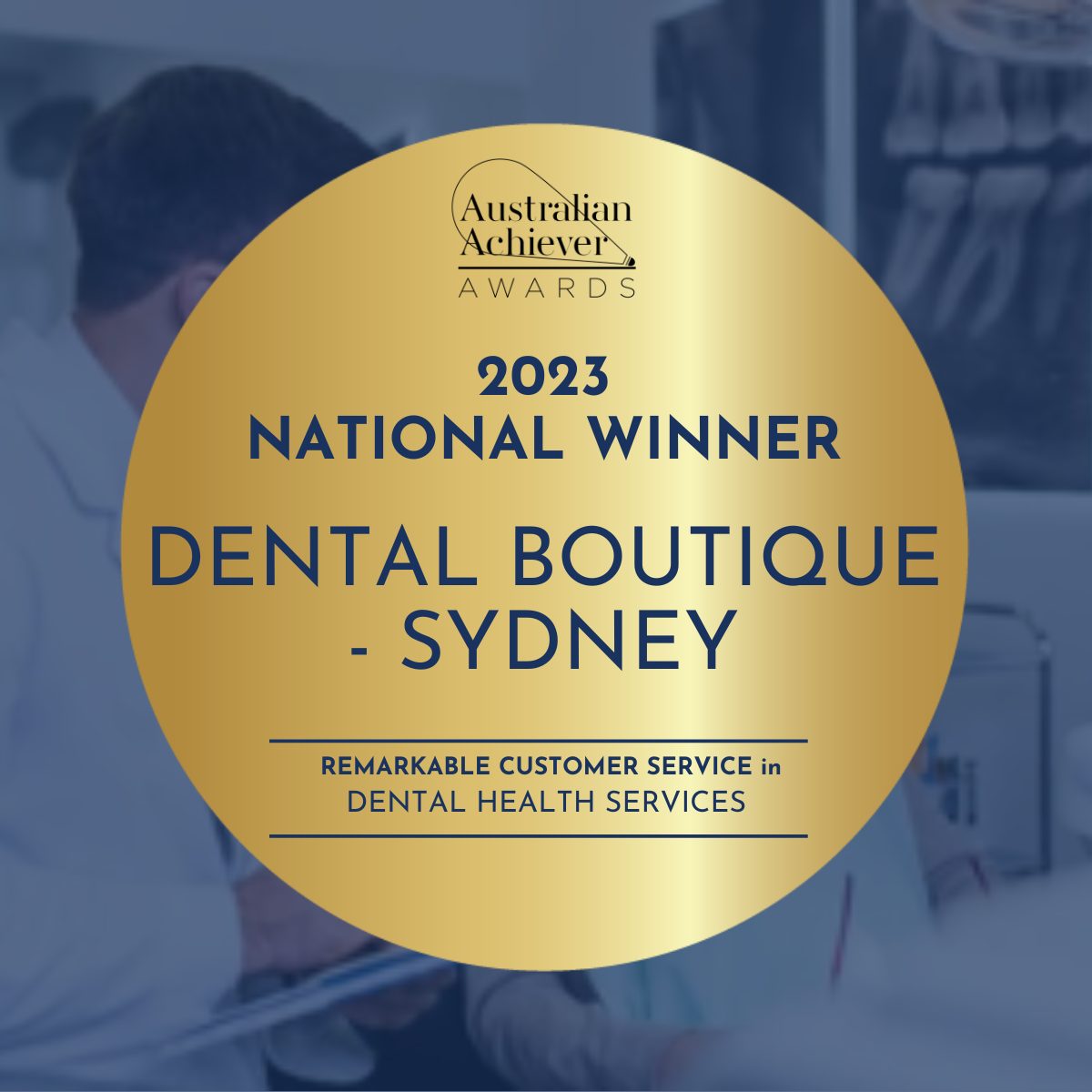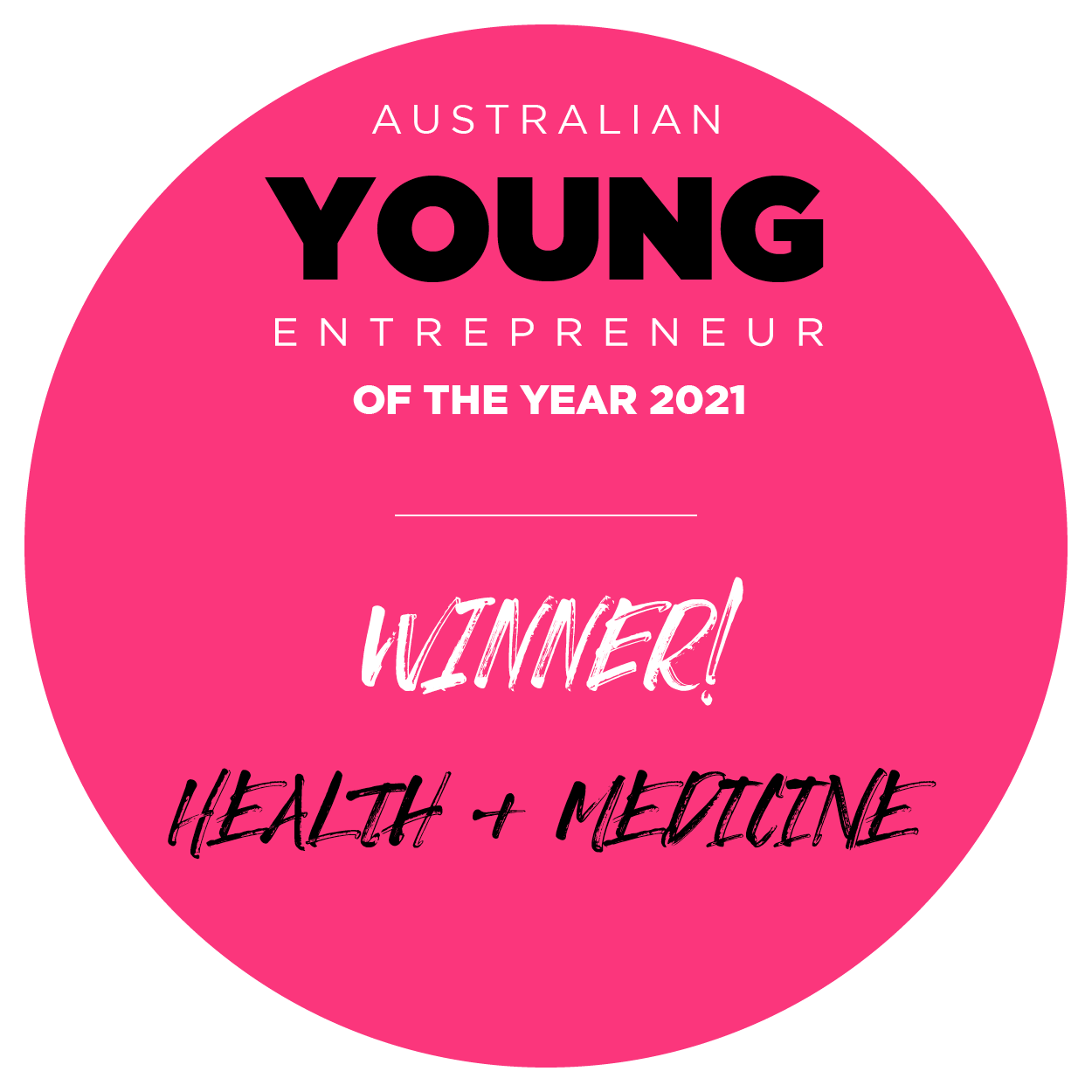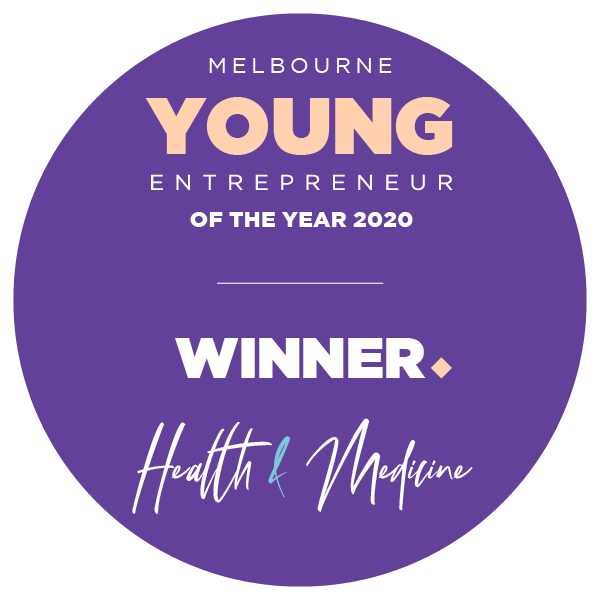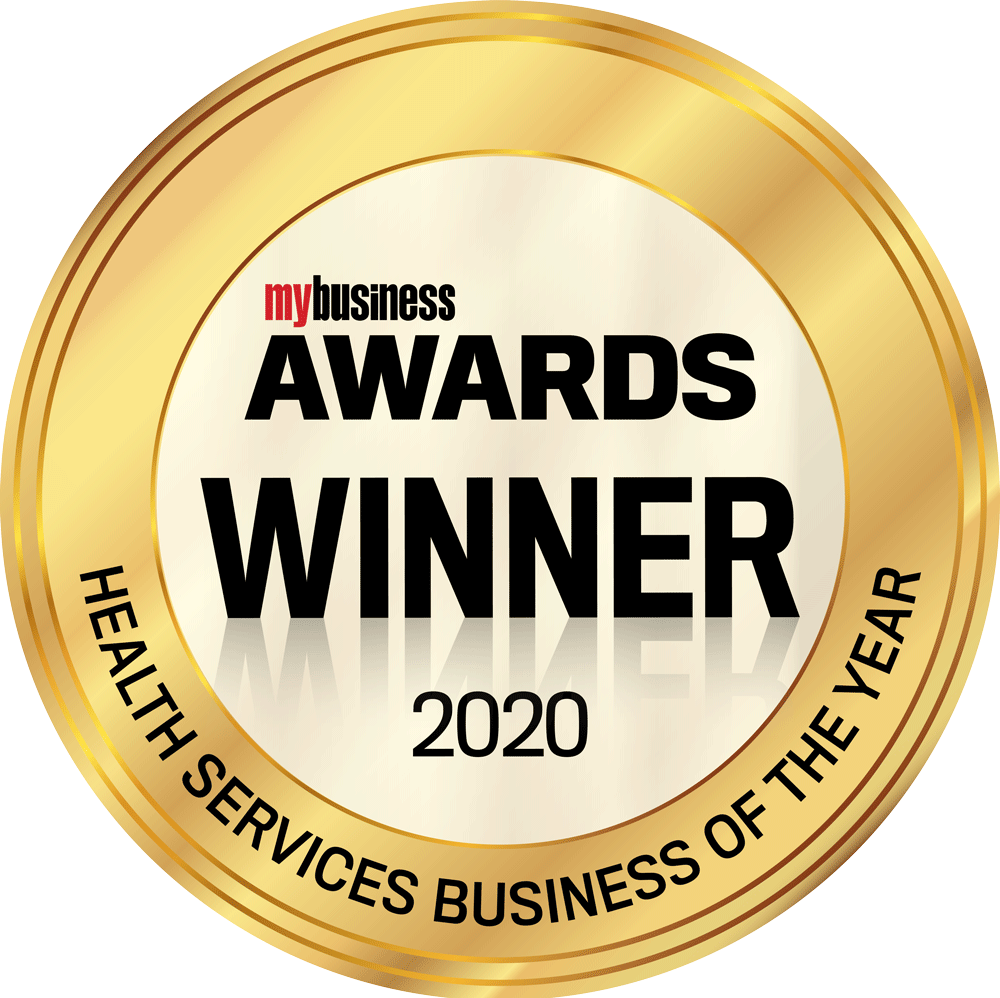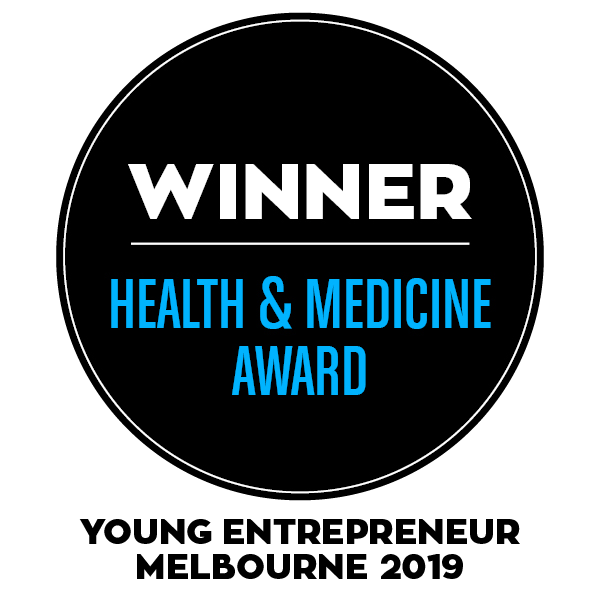The Dentist
Melbourne-based aesthetic and cosmetic dentist, Dr Reuben Sim, says virtual consultations enabled him to determine whether his clients required emergency procedures during the coronavirus shut down.
“We use Facetime to speak with clients and determine what level of pain they were experiencing and whether a dental emergency plan was required,” Dr Sim says. “We already adopted the technology prior to the coronavirus, and it has worked really well.”
Healthcare is one of the fastest industries to adopt the Internet of Things (IoT) tech, because it can personalise services, reduce operating costs, and improve patient care. Already, Dental Boutique boasts an onsite lab, which speeds up the procedures like veneers, turning around dental implants in a matter of hours, not days.
In the future, Dr Sim says dentists might be able to grow replacement teeth using stem cells, replacing the need for veneers. Before that happens, he says 5G technology will improve onsite lab efficiencies even further and improve the practice’s digital workflow. Connected medical technology will move towards real-time diagnosis and treatment for patients everywhere — even in the most remote locations.
Who knows, robots fueled by interconnected technology could operate on human teeth in the future.
“Oh, I don’t think that’s on the cards,” Dr Sims says. “We will always need dentists.”
For the original article, click here.
![]()

